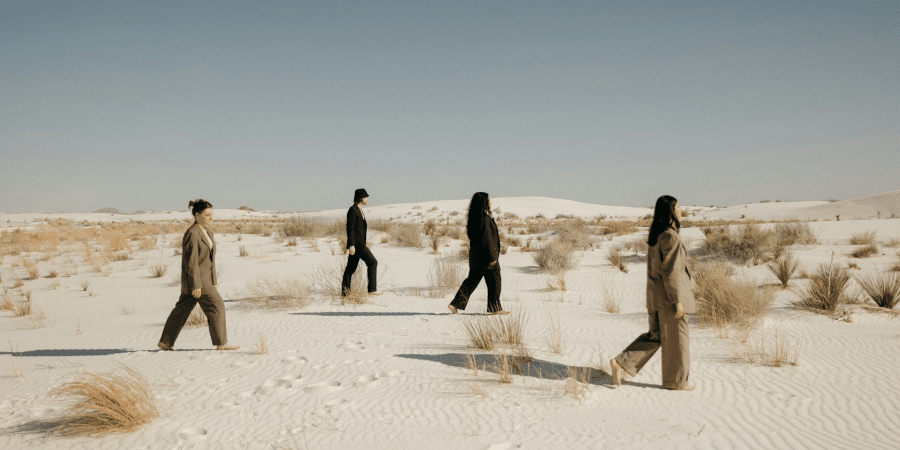The next time you’re mesmerized by a visually stunning film or a captivating television series, take a moment to peek behind the curtain. The director, the mastermind behind the entire production, might just have their roots in a surprising place: the world of music videos.
While seemingly different beasts, music videos and films/TV share a core element – storytelling. And for some directors, the frenetic energy and creative freedom of music videos become the perfect training ground for a successful transition to the big (or small) screen. Let’s explore why some directors make this leap and how their music video background shapes their filmmaking style.
From Short Bursts of Brilliance to Feature-Length Narratives: The Skills Gained in Music Video Production
Music videos are short, visually driven bursts of creativity. Directors have to tell a story, capture a mood, and often showcase the artist’s image, all within a tight timeframe (think: 3-5 minutes). This compressed format requires a director to be incredibly efficient and resourceful. They need to be masters of visual storytelling, able to use imagery, editing, and special effects to make a lasting impact on the viewer in a short amount of time.
Directors with extensive music video experience tend to excel in the areas of visual storytelling and technical execution. Their experience crafting cohesive narratives within a limited timeframe translates well to feature films and television series, where pacing and visual storytelling are equally important.
Music videos also offer directors a platform to experiment with different visual styles and techniques. There’s a freedom to push boundaries and take creative risks that might not be possible in a more traditional film setting. This experimentation allows directors to hone their craft, develop their unique visual voice, and discover what resonates with audiences. Directors like David Fincher and Spike Jonze, both known for their visually stunning and innovative films, honed their skills directing iconic music videos for artists like Madonna and The Beastie Boys.
However, the transition from music videos to film and television isn’t always smooth sailing. One of the biggest challenges is the difference in scale. Music videos are often low-budget productions with small crews. Directors making the leap to feature films or TV series suddenly find themselves managing larger teams, handling bigger budgets, and navigating the complex studio system.
From Music to Magic: How Music Video Veterans Bring Their Style to Film and Television
Directors who successfully transition from music videos to film and television often bring a distinct energy and visual flair to their work. Their experience with fast-paced editing, innovative camera techniques, and a focus on capturing the essence of a song translates to dynamic and visually engaging films and TV shows.
Take Edgar Wright, for example. His films like “Shaun of the Dead” and “Scott Pilgrim vs. the World” are known for their rapid-fire editing, quirky humor, and vibrant visuals – all hallmarks of his music video background. Similarly, Melina Matsoukas, who directed iconic videos for Beyoncé and Rihanna, brings a bold visual style and an emphasis on female empowerment to her work on shows like “Insecure” and “Queen Sugar.”
The influence of music videos can also be seen in the way some directors approach storytelling. Music videos often prioritize mood and atmosphere over intricate plotlines. Directors who come from this background might bring a similar focus to their films and TV shows, creating works that are more interested in emotions and feelings than linear narratives. This can be seen in the work of directors like David Lynch, whose films are known for their dreamlike quality and surreal imagery.
So, the next time you’re watching a visually stunning film or a show with a captivating rhythm, consider the director’s background. They might just be a veteran of the music video world, bringing their experience with short-form storytelling and visual innovation to the big (or small) screen. After all, the path to becoming a successful director can be as diverse as the stories they tell, and sometimes, the most creative journeys begin with a song and a vision.














